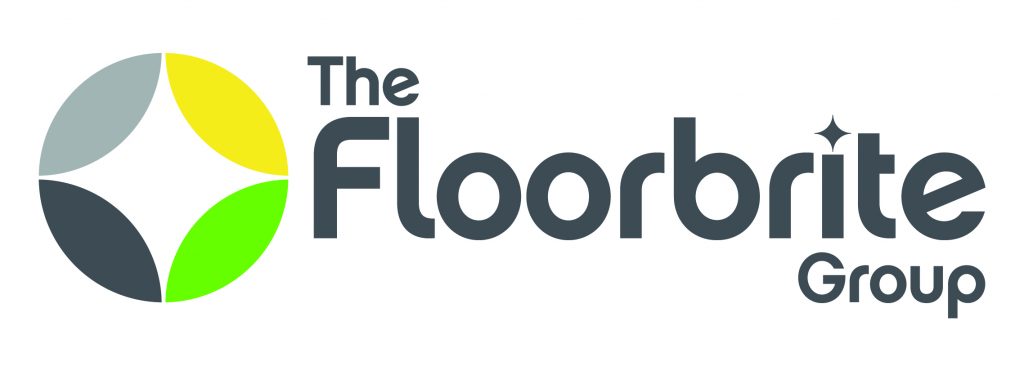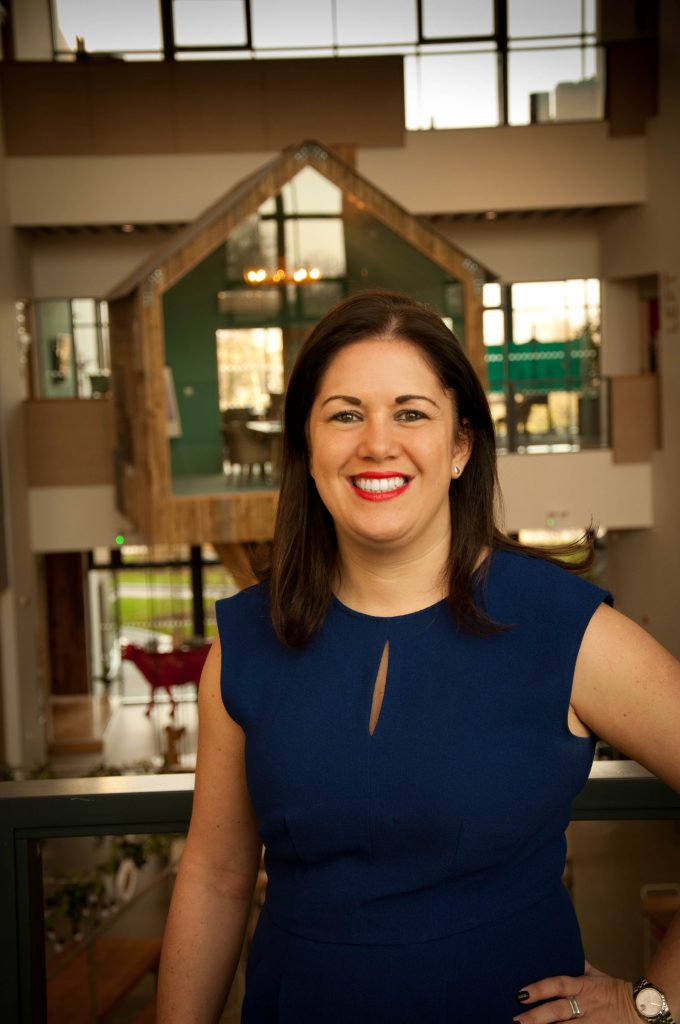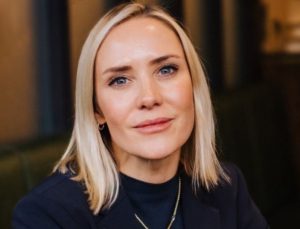Building a business fit for the modern workforce
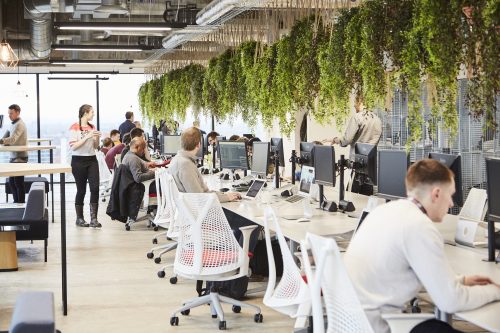
As part of our series of special focus weeks TheBusinessDesk.com has been looking at the issue of the changing nature of the workplace.
The advent of the digital age, the changing nature of the workforce and changes in society have all had a major impact on the nature of running a business.
The special focus week is being run in partnership with the Total Excellence Centre, The Floorbrite Group and the GC Business Growth Hub.
And as part of our coverage we held a panel discussion at In Touch Networks in Spinningfields Manchester.
The panellists included:
• Sharon Amesu, chair of the Institute of Directors
• Louise Gatenby, founder and CEO of The Good Board
• Nina Wyers, director at The Floorbrite Group
• Karlie Jelly, managing director of In Touch Networks
• Dawn Duggan, people, skills and talent lead at the GC Business Growth Hub
• Claire Smith, head of business development at Moneypenny
• Tom Courtney, lead training consultant at Total Excellence Centre
The discussion started by addressing the question of whether business has changed in the last decade.
Nina Wyers
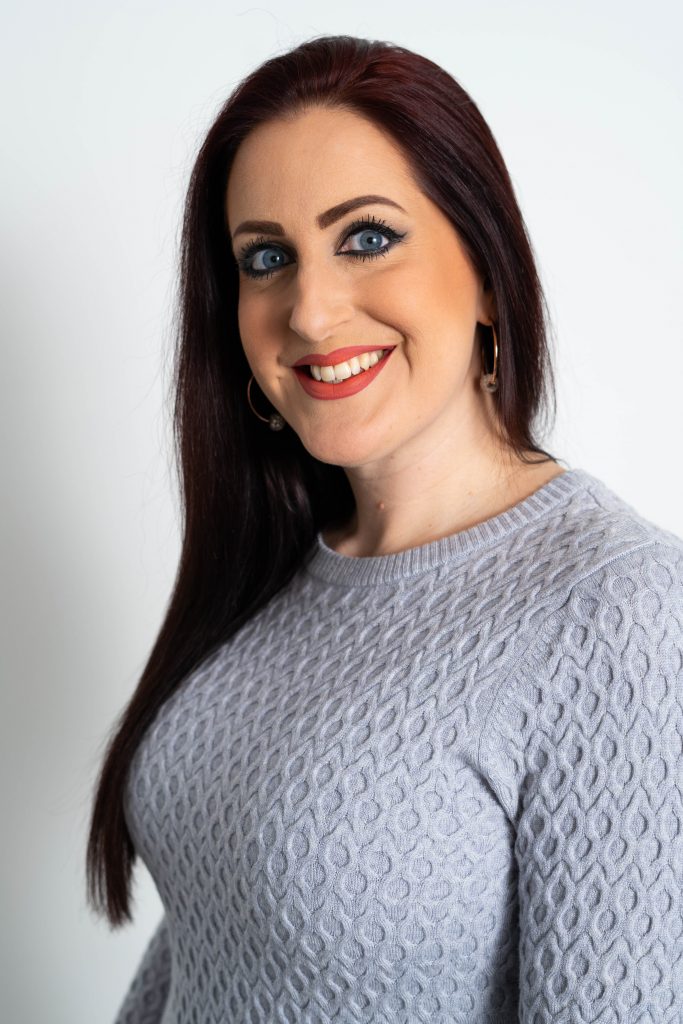
Nina Wyers
Floorbrite is a family business. My dad set it up 47 years, sadly he died in 2010. Myself and my brothers now run the business.
But when my dad first set up the firm, and obviously we employ 1,400 cleaners, it was vey different.
He knew everyone in the business by name, and he would do things to make the staff feel good. He would have events at the local social. He would have what he used to call a scrubbers’ ball every year.
He would get a Chinese takeaway in for the staff, it was just a very different culture.
These day the workforce demand a different kind of interaction and engagement from their bosses, they want very different things.
We want to be able provide the right kind of environment for people and we have had to change over the years.
My dad would be quite surprised at all of the changes. Changes were coming before he died.
I wanted to set up the first marketing department which he didn’t understand. He sadly passed away and that was the first thing we did.
Since then my brothers and I have been able to implement modern approaches.
You can’t survive in business these days without being able to offer these changes to your staff.
Faster and faster, its gaining momentum all the things we are having to put in place. We having to learn about how we engage with 1,400 staff, many of whom are not based in the office.
We write newsletters to everyone, and we make them personal. We have days for long-serving staff.
All those that have been with us for ten years or more, we invite them for a special day at the office. We tell them the story of Floorbrite, my mum’s there to give them a hug and now that they have becoming back we have a personal relationship.
It is very open and that is wonderful, that sort of engagement is very important to us because we are a family business.
We have just rebranded, but this year we are investing £500,000 into the renovation of our head office. We like our social events at Floorbrite and we do all sorts of things at the office.
We were running out of space and we needed better services. The staff wanted a gym and the there is also a need for social areas, breakout areas and quiet spots.
Sharon Amesu
I think, one of the key ways in which the world has changed and continues to change is that there has been a huge paradigm shift in the mindset of employees.
Historically, its not so long ago that the notion of a job for life was very much the standard expectation, that you would start off in one career and you would end your professional career in the same place.
We now have very much shifted in what is being described as the gig economy. The expectation of those who are starting out in their careers will change the course of their careers over their professional work life at least 15 to 20 times.
The obvious shift for me is the implication that has on the way people now engage with the workforce and the expectations that people have of their employers to make sure their organisation is attention worthy.
Tom Courtney
I have seen a big change over the course of my career. I started in the health service in 1980.
Back in 1980 you worked from nine o’clock in the morning until five o’clock in the evening. On Friday night you went home and that was it, you were not in contact with anyone from work for the whole weekend.
It is a cliché, but we now live in a 24/7 economy. You can be contacted at any time and there are a lot of demand these days.
I used to say to my father ‘Oh, I am under a lot of pressure’ and it was greeted with some disdain. I think every generation feels the same way.
I think there is more flexibility in the workplace in terms of the people side of things.
Does it come through technology, does it come through the people? I think it comes through society.
Back in 1980 we had a ten minute coffee break and as a perk they increased it to 15 minutes.
In 2004 I was doing some work in Cumbria and there was a big complaint from staff that the pool table hadn’t been fixed for two weeks. At the time I thought ‘God, What I would give to have a pool table’.
I was in a digital marketing company in Manchester last week and it is just a different world. There is a pool table, the bar football table and there was a bar.
It’s a different working life altogether. It is more demanding but there is more flexibility and there is also more openness to different things.
People are more open to talk about things like stress and mental health. More companies are inviting people to speak openly.
I spoke to someone just a couple of week ago who was attracted to a company because they had an EVP. That said it all about the company.
There has been a lot of changes. People are now talking about mental. I just think people are lot more open to talk about these things which is very, very good.
Employers are becoming a bit more receptive, technology and people have made a difference but society is a big influence as well.
Claire Smith
We are really proud of our investment in our people. In our industry a staff turnover of four per cent is unheard of.
We are a family business. When the business started back in 2000 the owners constantly asked themselves if I was client of Moneypenny what would I want? If I was an employee of Moneypenny what would I want?
We constantly ask ourselves those two questions. The reason being that people then want to work for you and people want to work with you.
But just as importantly you stay ahead of the times. We are in a purpose built building and before we embarked on the design the owners of the business asked every single person what would they like from their work home.
We call it a work home because when you are there eight or nine hours a day it has got to be as pleasant as possible and a nice environment.
Natural, light and ventilation. Spaces where you can go with friends. It is really important to ask people what they want, listen and act on it. If you can’t deliver then you should always tell people why.
You can’t give everyone what they want all of the time. If you engage with people and ask them what they want the ideas you get are absolutely fantastic.
We ask people for the views all the time through surveys and suggestion boxes.
Mental health is at the top of everyone’s agenda. We have just trained 100 staff to become mental health first aiders.
I think by asking people and engaging your workforce you can increase productivity, it is about doing the right thing.
We get 3,000 unsolicited CVs a year and by investing in people, they talk about it and tell their friends. That’s why people want to come and work for us.

